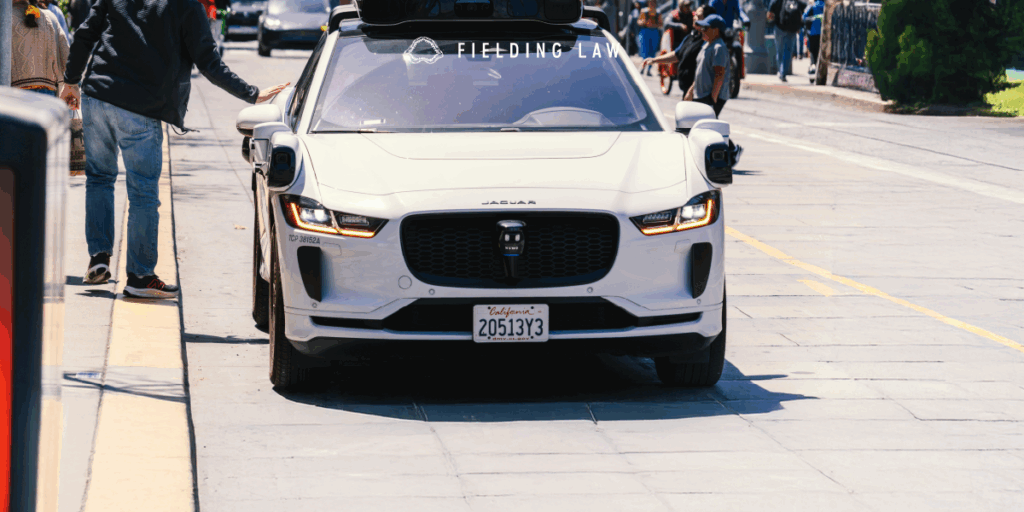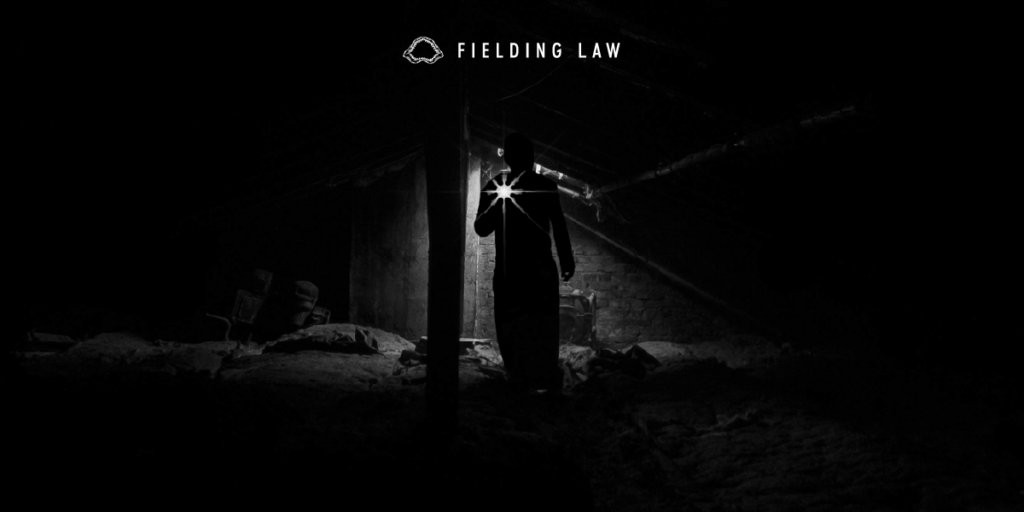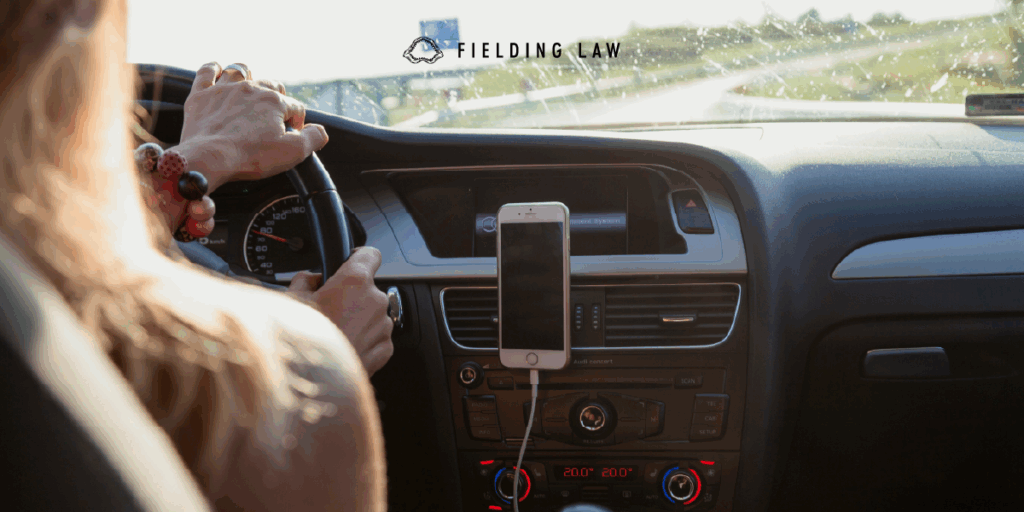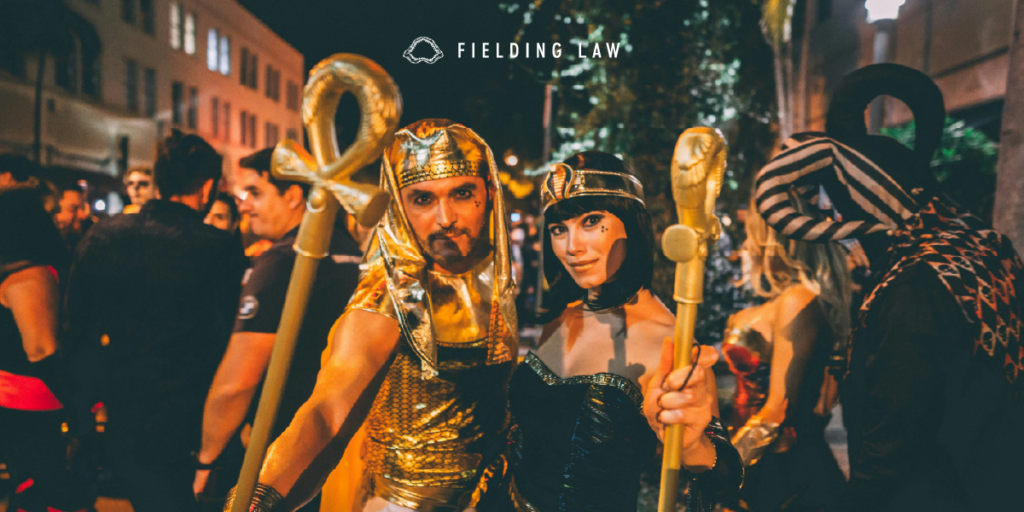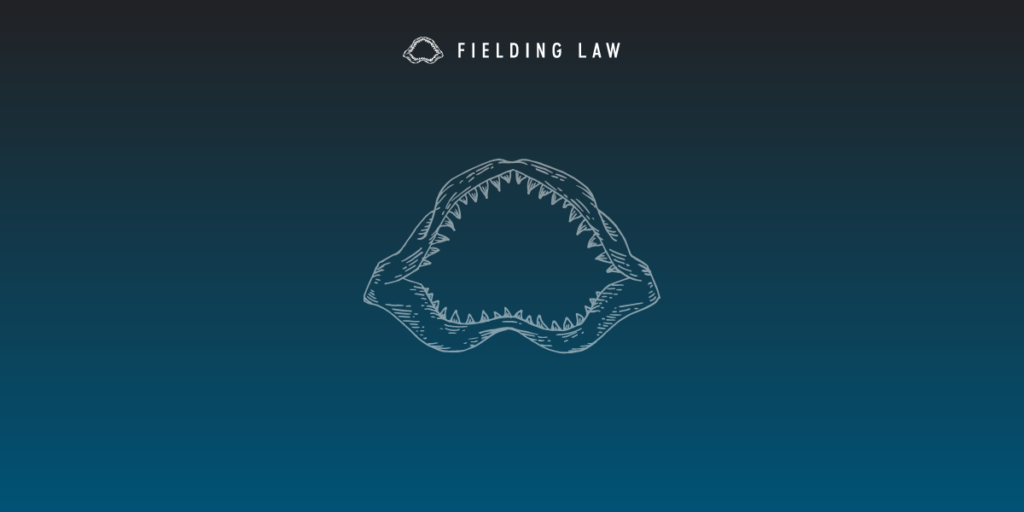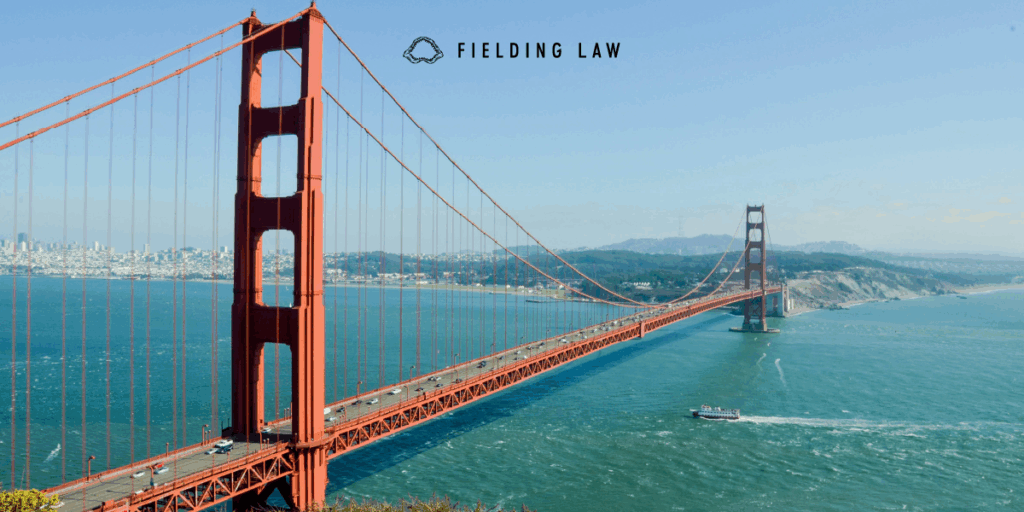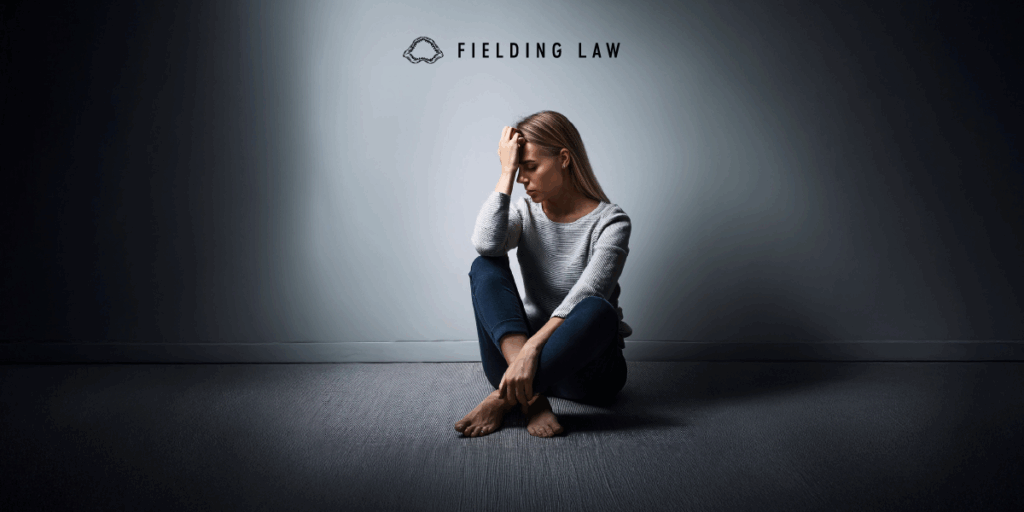
Protecting Victims and Upholding Integrity
A recent Los Angeles Times investigation revealed disturbing allegations of unethical and illegal conduct by individuals who claimed to help sexual abuse victims file lawsuits under California’s AB 218. The report described how middlemen allegedly exploited survivors for profit instead of offering genuine legal support. These actions not only harm those already suffering but also undermine the trust and integrity of the entire legal system. At Fielding Law, we believe every person deserves honest and ethical representation.
Why Ethical Legal Practice Matters
Ethics form the foundation of justice. When attorneys or intermediaries engage in misconduct such as “capping” (illegally soliciting clients), it violates state law and the public’s trust. These unethical actions prioritize profit over people and can prevent victims from receiving the fair representation they deserve.
Fielding Law operates with the belief that the legal profession must always serve clients’ best interests. We maintain transparency, respect client confidentiality, and never engage in referral schemes or unlawful solicitation. We hold ourselves and our partners to the highest ethical standards because justice should never come at the expense of integrity.
Holding the Legal Industry Accountable
Every survivor seeking justice should feel confident that their attorney is motivated by compassion, not greed. Unethical practices such as capping exploit pain for profit and create lasting harm beyond the original trauma.
By exposing these unethical actions, investigations like the one reported by the Los Angeles Times remind all law firms to uphold integrity and accountability. Fielding Law supports these efforts and encourages anyone seeking justice to work with trusted, licensed professionals who operate transparently and lawfully.
How Fielding Law Can Help Victims
Choosing an attorney is one of the most important decisions an injured person can make. At Fielding Law, we approach every case with compassion, honesty, and respect. Our team believes that ethical conduct is non-negotiable. While we do not represent clients in sexual abuse cases, we can help victims find trustworthy attorneys who do.
Note: Information provided is for educational purposes and does not constitute legal advice. Always consult with a qualified attorney for legal concerns.
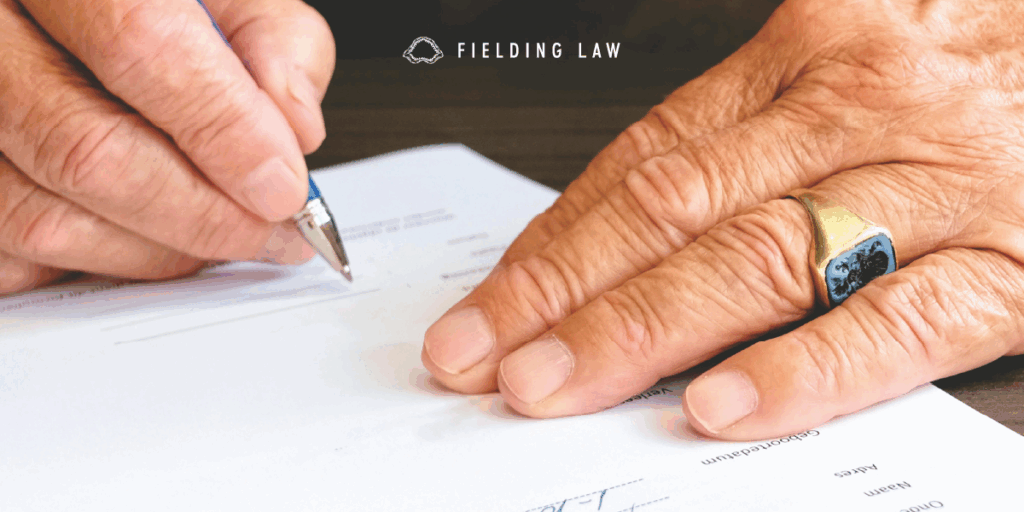
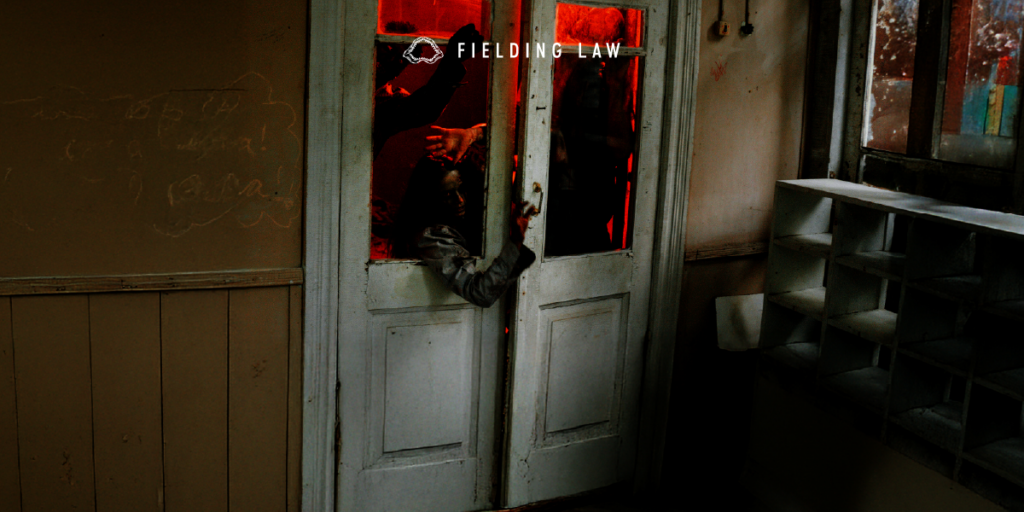
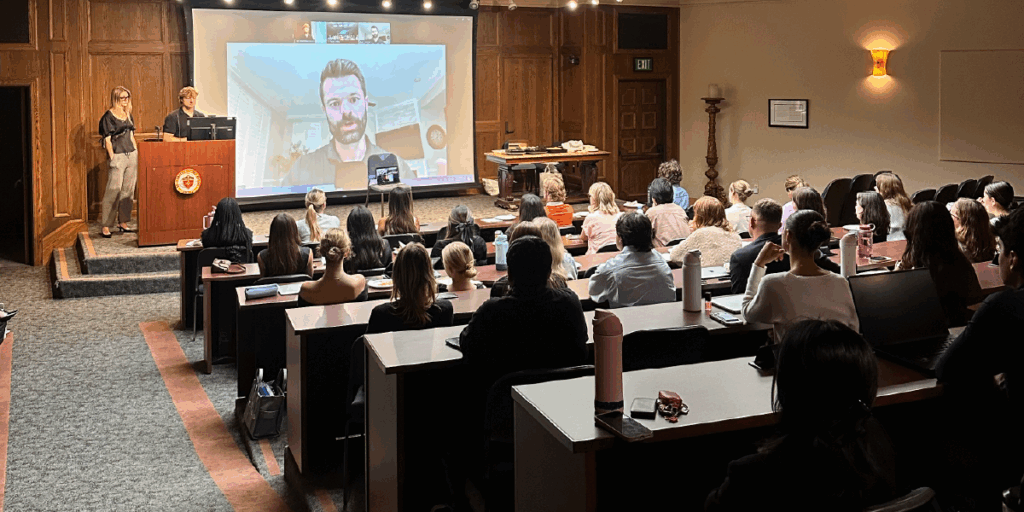
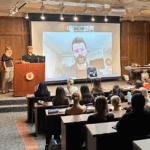 Connecting With USD Pre-Law Students
Connecting With USD Pre-Law Students